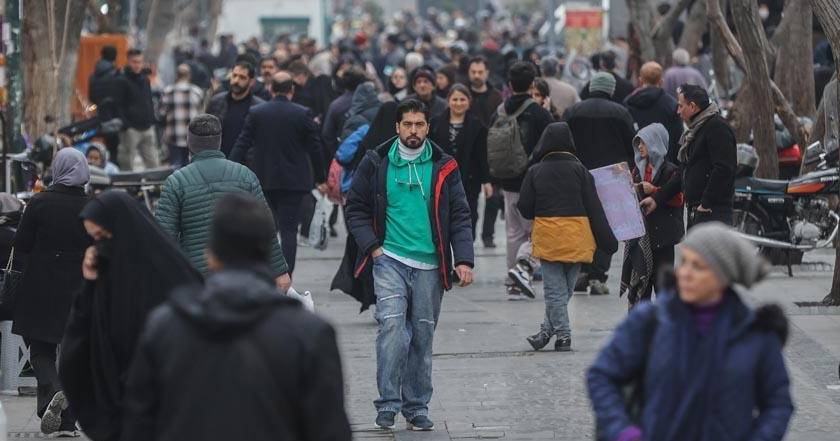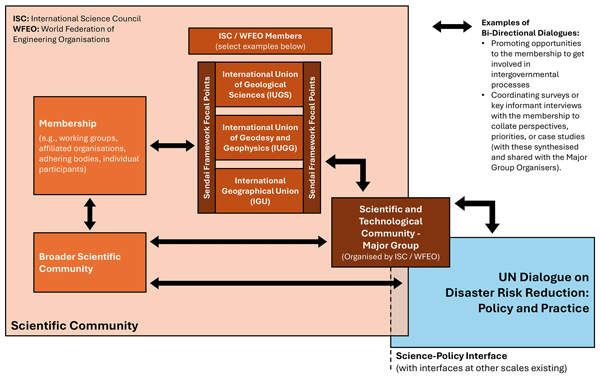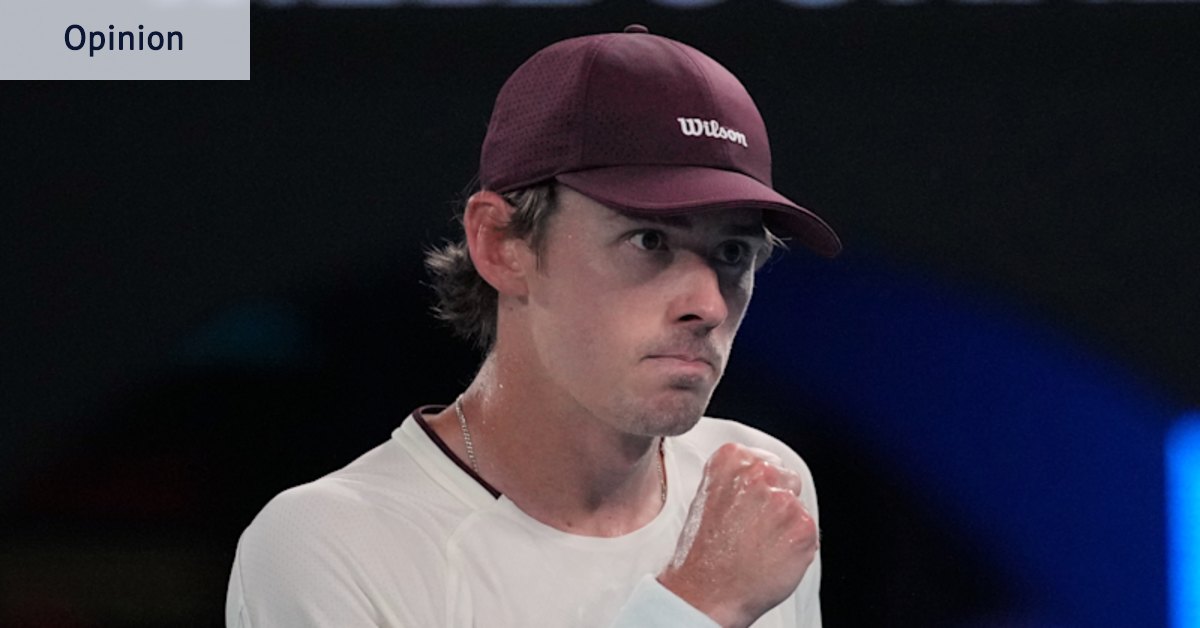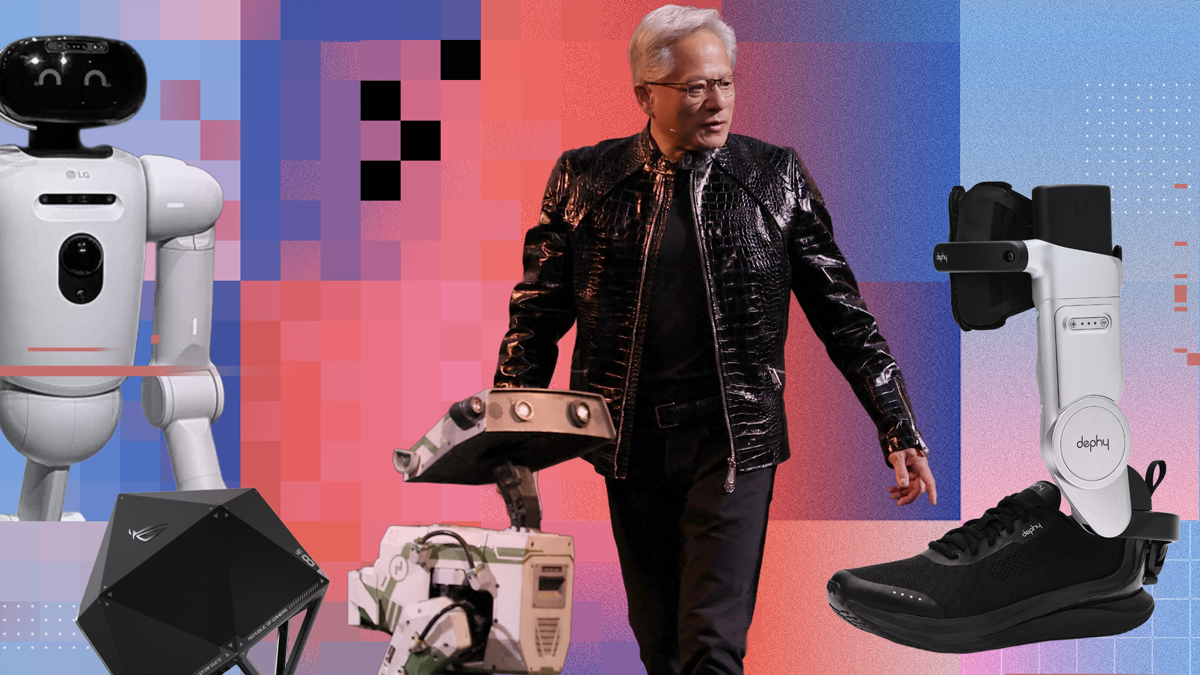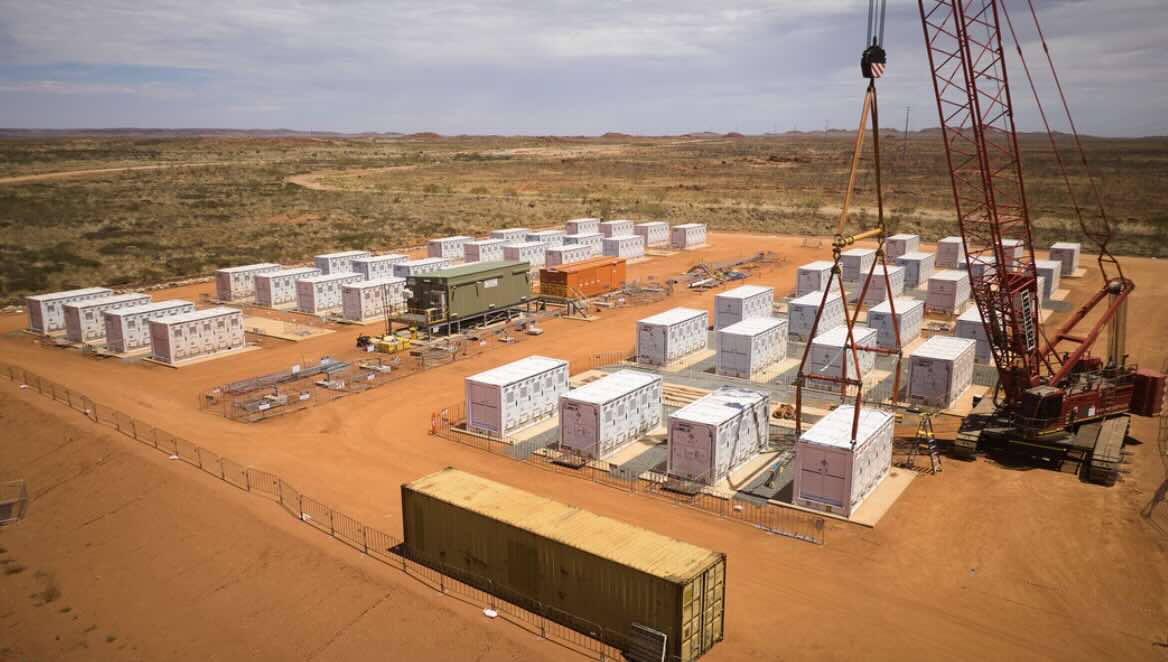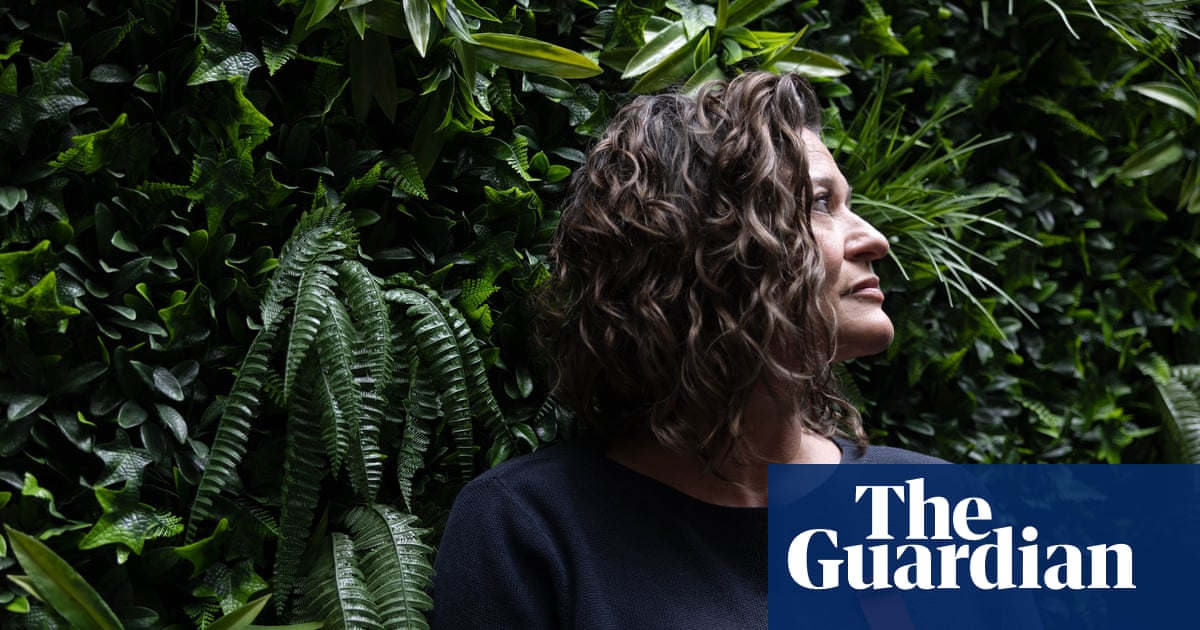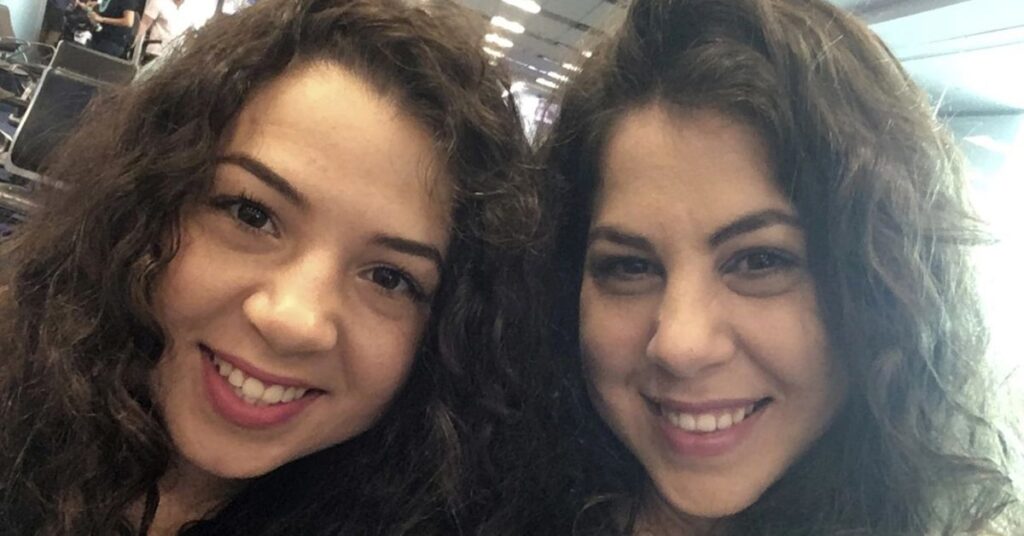
A Miami jury has ruled that Tesla must pay over $370 million in damages after finding the company partly responsible for a fatal crash involving its Autopilot technology. The verdict comes amid CEO Elon Musk’s efforts to assure the public of the safety of Tesla’s self-driving cars as he plans to launch a driverless taxi service in several cities.
The federal jury determined that Tesla’s technology failed significantly, contributing to the crash, and that the blame could not solely be placed on the driver, who admitted to being distracted by his cellphone before the accident. This decision marks a pivotal moment as it concludes a four-year legal battle that managed to reach trial, unlike many similar cases which have been dismissed or settled out of court by Tesla.
Unveiling the Case Details
The lawsuit was brought by the family of Naibel Benavides Leon, a 22-year-old who was killed, and her boyfriend, Dillon Angulo, who was injured in the crash. Their legal team accused Tesla of concealing or losing critical evidence, including data and video from moments before the collision. Tesla acknowledged a mistake after being presented with this evidence, claiming it had not realized the data existed.
Neima Benavides, Naibel’s sister, expressed relief at the verdict, stating, “We finally learned what happened that night, that the car was actually defective. Justice was achieved.”
“This will open the floodgates,” said Miguel Custodio, a car crash lawyer not involved in the Tesla case. “It will embolden a lot of people to come to court.”
Industry Repercussions and Expert Opinions
Financial analyst Dan Ives of Wedbush Securities commented on the significant financial implications for Tesla, noting, “It’s a big number that will send shock waves to others in the industry. It’s not a good day for Tesla.” The company has announced plans to appeal the decision.
Despite the jury’s decision, Tesla maintains that it will ultimately pay less than the $375 million due to a pre-trial agreement capping punitive damages at three times the compensatory damages. However, the plaintiffs argue that the agreement should apply to all compensatory damages, not just Tesla’s portion.
Impact on Tesla’s Reputation and Future
The verdict raises questions about Tesla’s reputation for safety, particularly as Musk aims to expand the company’s autonomous vehicle services. Although Tesla has improved its technology since the 2019 crash in Key Largo, Florida, the trial highlighted ongoing concerns about the trustworthiness of the company’s self-driving systems.
Lead plaintiff attorney Brett Schreiber criticized Tesla’s use of the term “Autopilot,” arguing that it misleads consumers into over-relying on the technology. He pointed out that other automakers use terms like “driver assist” to emphasize the need for driver engagement.
“Words matter,” Schreiber said. “And if someone is playing fast and loose with words, they’re playing fast and loose with information and facts.”
Driver Responsibility and Technological Limits
The case also underscored the importance of driver responsibility when using semi-autonomous features. The driver, George McGee, admitted to negligence, having been distracted by his cellphone and speeding at 99 km/h when he crashed into the couple’s parked vehicle. However, Schreiber argued that Tesla’s system should have disengaged upon detecting driver distraction, especially on roads not suited for Autopilot use.
Defense attorney Joel Smith countered that Tesla provides clear warnings for drivers to remain attentive and keep their hands on the wheel. He emphasized that McGee’s previous safe passage through the intersection indicated that the crash resulted from his distraction, not the car’s technology.
Looking Ahead: Implications for the Automotive Industry
The Miami verdict could have far-reaching consequences for Tesla and the broader automotive industry. As companies continue to develop autonomous technologies, the case highlights the critical balance between innovation and safety. The outcome may influence how manufacturers market their self-driving features and address liability issues.
While Tesla plans to appeal, the case serves as a reminder of the challenges and responsibilities that accompany the advancement of autonomous vehicle technology. As the industry evolves, ensuring public trust and safety will remain paramount.

